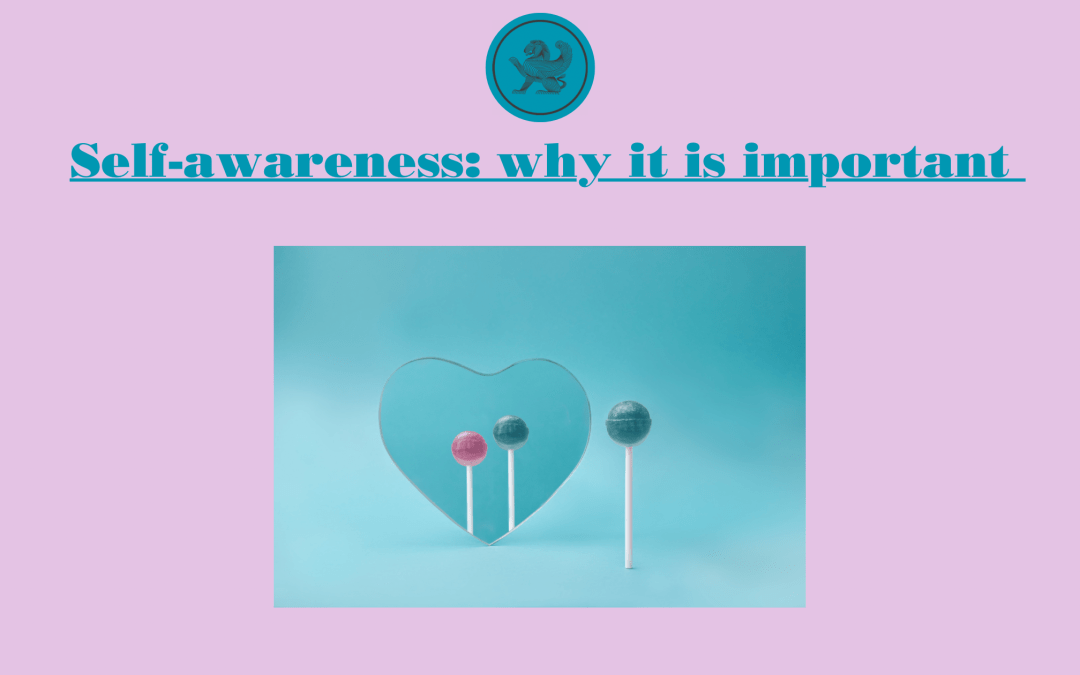CREDITS
By Dr Melane van Zyl
Self-awareness is the conscious understanding and recognition of one’s own thoughts, emotions, beliefs, motivations, strengths, weaknesses, and behaviours. It is an essential aspect of personal growth and development and involves the ability to evaluate oneself objectively, take responsibility for one’s actions, and make informed decisions.
There are two main components of self-awareness:
1. Internal self-awareness: This refers to the ability to recognize and understand one’s own emotions, thoughts, values, beliefs, strengths, and weaknesses. It involves introspection, self-reflection, and self-assessment, which can be developed through practices such as journaling, meditation, and therapy.
2. External self-awareness: This involves understanding how others perceive one’s actions, behaviours, and emotions. It requires empathy, active listening, and effective communication skills to gauge the impact of one’s actions on other people and adapt accordingly.
Developing self-awareness is an ongoing process that can lead to numerous benefits, including:
• Improved emotional intelligence: Self-awareness helps individuals identify and manage their emotions effectively, leading to better relationships, communication, and emotional well-being.
• Better decision-making: Being aware of one’s values, beliefs, and motivations can lead to more informed and consistent decision-making, both personally and professionally.
• Enhanced self-regulation: Understanding one’s emotions and triggers can help in managing impulses, stress, and other emotional responses.
• Greater self-confidence: Knowing one’s strengths and weaknesses allows for a more accurate self-assessment and can boost self-esteem.
• Personal growth and development: Self-awareness is the foundation for personal growth,
Self-reflection is the process of examining one’s own thoughts, feelings, actions, and experiences to gain insight and promote personal growth.
Here are several practices that can help you engage in self-reflection:
1. Journaling: Writing about your thoughts, emotions, and experiences can help you better understand yourself. Consider writing about specific events, your reactions to them, and any lessons learned.
2. Meditation: Mindfulness meditation encourages you to focus on the present moment and observe your thoughts and emotions without judgment. This practice can help you develop greater self-awareness and introspection.
3. Daily reflection: Set aside time each day, perhaps before bed or upon waking, to review your day and consider your actions, choices, and emotions. Reflect on what went well, what could have been better, and any lessons learned.
4. Reflective questions: Ask yourself open-ended questions to encourage deeper self-exploration. Examples include, “What am I grateful for?”, “What did I learn today?”, “How can I improve my relationships?” and “What are my core values?”
5. Feedback from others: Seek input from friends, family, or colleagues about your strengths, weaknesses, and areas for growth. Be open to constructive criticism and use this feedback to guide your self-reflection.
6. Personal SWOT analysis: Perform a personal SWOT (Strengths, Weaknesses, Opportunities, and Threats) analysis to identify your strengths and weaknesses, as well as opportunities for growth and potential challenges.
7. Mind mapping: Create a visual representation of your thoughts, ideas, and feelings around a particular topic or situation. This can help you explore different perspectives and identify patterns or connections.
8. Reviewing past experiences: Reflect on significant events or turning points in your life and consider how they have shaped your beliefs, values, and behaviours.


